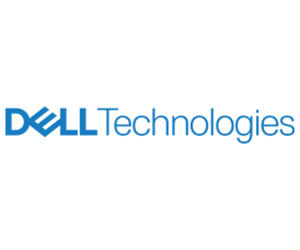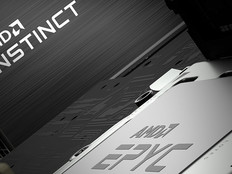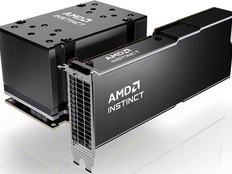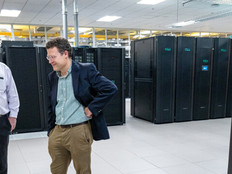FEDTECH: Are HPC and supercomputers synonymous?
Sofhauser: Well, technically, HPC industry analysts have defined the supercomputer segment of the market as any solution that costs $500,000 or more. (There are differing opinions about that definition, but it’s one that works.) What is interesting to me is that once you get over $1 million, the systems at a high level are using the same technologies for interconnects, compute nodes and storage, just more of them. The challenges at the higher system level come from power, cooling and system management. With higher wattage CPUs, GPUs and the complexities larger clusters can bring, liquid cooling has become necessary for some customers, and we expect that to grow in the future.
RELATED: How can high-performance computers help federal agencies?
FEDTECH: Discuss some of the industry solutions that use HPC.
Sofhauser: Dell has offered engineering-validated systems for years developed by our HPC & AI Innovation Lab. These HPC systems are designed for specific workloads in computer-aided engineering, healthcare/life sciences, artificial intelligence/machine learning/deep learning, data analytics and other areas. The systems include testing the workloads specific to the industry. The cluster is tuned for the right processor, memory, interconnect design and storage for the specific workload or application. Benchmarks, guidance and more are available on our HPC & AI Innovation Lab website and are available for customers as they consider modifying or planning their next system. Our HPC solution architects use this information for customizing systems for customers when their needs are different from the engineering-validated design.
FEDTECH: What are the primary uses of HPC — is it all big science and Big Data, or can it be applied to smaller projects as well?
Sofhauser: HPC is no longer for just physics researchers using large clusters to explore the wonders of the universe. For years, Dell has been democratizing HPC — we call it “HPC for the masses” — by trying to make HPC easier to adopt for agencies, organizations and departments.
We created the engineering-validated designs to make designing and purchasing easier. Dell developed installation and knowledge transfer services, along with ProSupport for HPC, a phone based/online safety net for our HPC customers. It’s available when and where needed. We sell a lot of 4- to 32-node clusters to agencies for simulations, for use in economics and banking policy, etc.
People who are not familiar with the intricacies of HPC might not realize that even if a HPC cluster is, for example, 400 nodes, few jobs will use all 400 nodes. A lot of jobs only need a few nodes to run, so there are normally many jobs of all sizes running on an actively used HPC cluster.
Click the banner below to watch a video about Oak Ridge’s supercomputers.




_0.jpeg)
_0.jpeg)


.png)



